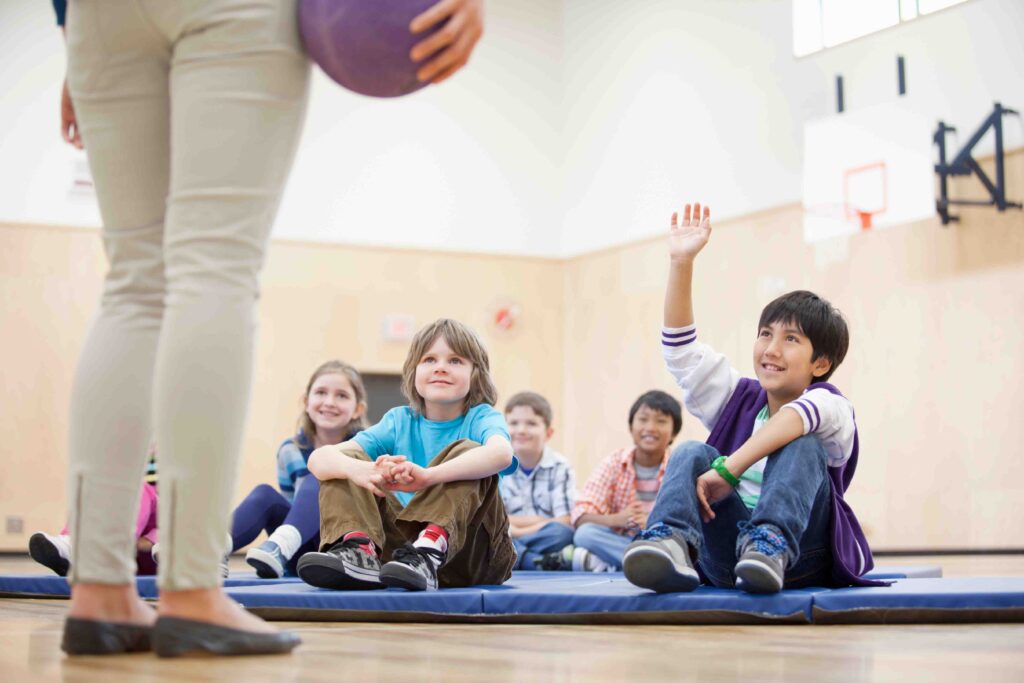Youth Enrichment and Development
Youth enrichment provides children with educational programs and activities that extend beyond their regular school day.
Professional Network
YDLC (Youth Development Leadership Coalition) is the professional network of those working with youth development & youth enrichment. If you wish to be added to the groups email list, please contact Jennifer Pierce at jennifer.pierce@hopkinsschools.org or Chris Younger at cyounger@shakopee.k12.mn.us.
2025 Meeting Dates
- January 10, 2025Location: Edina Community Center5701 Normandale Rd, Edina MN 55424- Door 3
- March 14th, 2025Location: Mahtomedi District Education Center1520 Mahtomedi Ave, Mahtomedi, MN 55115
- May 9th, 2025 – 10:00am – 12:00pmLocation: Central Education Center – Richfield7145 Harriet Ave, Richfield, MN 55423
Purpose
Enrichment programs are designed to address youth needs in many areas such as academic, cultural, social, emotional, and recreational.
The program boasts a wide range of offerings, including technology, art, music, languages, math, reading, science, sports/recreation, and more. Enrichment classes provide students the opportunity to improve academic and social skills, explore new interests, gain new skills, and make new friends.

Programming
As stated in MN Statute 124d.19: The after-school enrichment programs must include activities that support the development of social, mental, physical, and creative abilities of school-age youth; provide structured youth programs during high-risk times; and design programming to promote youth leadership development and improved academic performance.

Instructors
Youth enrichment instructors do not need to be licensed teachers. Instructors can be individuals who want to share their passions and skills with youth. There are also many companies that offer enrichment classes; these companies, or vendors, make up a large part of youth enrichment offerings in many Minnesota communities.

Vendors vs. Employees
Instructors for youth enrichment classes often work for companies (vendors) who provide after-school classes. When considering working with a vendor, it’s important to have an understanding of the cost, curriculum, instructor experience, and overall quality of the offered classes. It is also critical when partnering with a vendor to address several other important topics, including:
- Background checks (i.e., who completes the screenings and who will supply payment for screenings).
- School day and community education class dismissal processes.
- Vendor take-homes (i.e., the quality of the take-homes and whether a vendor will be allowed to advertise other services within the take-homes).
- Content expectations and delivery methods.
- Flyer production, printing, payment, and distribution.
- Class observations and evaluations.

Safety
Each district should have its own policy regarding the successful completion of background checks as well as a proven process for the check-in and dismissal of students.

Program Evaluation and Data Analysis
Youth enrichment programs should reflect the current unique needs and trends of your community. Collecting data related to enrollment trends, fees, course offering categories, age/grade levels of participants, etc., is useful to demonstrate the impact and value of Community Education. Data also helps to identify gaps in programming as well as trends unique to your community or population.
Surveys, observations, and participant evaluations or feedback are essential to a Community Education youth program. Feedback and data from these sources should provide a valuable framework to guide any future needed programming adjustments. Different communities utilize various tools to collect this information, based on demographics, resources, and proven effectiveness of certain techniques. Evaluation of programs typically include course location, date and time of completed courses, instructor, content, price or value, and registration process.

Funding
In the 1970s, the MN legislature created an annual funding mechanism, including a levy authority and the ability to receive state aid. This allowed every school district in Minnesota to provide Community Education programs and services. Today’s laws allow school districts to levy for $5.42 per person in the school district population for the Community Education general fund. The current after-school enrichment levy formula is ($1.85 x 10,000 of population) + (.43 times remaining population). A separate funding formula exists for youth development, which is highlighted in the Youth Development section.

Marketing and Communication
External Marketing to the Community as Potential Participants:
It is imperative to advertise and market Community Education youth programs. Community educators are able to utilize the marketing avenues that are most effective in their communities, which may include a Community Education catalog, website, flyers (electronic and/or paper), email blasts, newspaper (free articles, calendars, or purchased ad space) list servs, social media, school district communications, and more.
Internal Marketing:
It is necessary for the Community Education to market itself as a department that supports the K-12 learning during the school day within a school district and beyond. Helpful ways to increase a Community Education’s presence might include involvement in K-12 committees, social media, providing regular updates on Community Education successes to upper-level administration and the school board, as well as including Community Education information in internal school communications.

Youth Development
Youth development activities include youth leadership and service-learning programs. Youth development programs may or may not charge a fee while focusing on building youth leadership and community service skills. The goal is to develop and equip today’s youth to be effective, involved, and positively impactful leaders in their communities.
Funding
The current Minnesota State law allows school districts to levy for the implementation of a Youth Development Plan. According to 2016 MN Statute 124D.20, Subd 4, “Youth service program revenue is available to a district that has implemented a youth development plan and a youth service program. Youth service revenue equals $1 times the greater of 1,335 or the population of the district.”
See the 2016 MN Statute 124D.19, Subd. 9-10 related to Youth Development Plans and Youth Service Programs.

Legislative Statutes
MN Statute 124d.19
Subd. 12.Youth after-school enrichment programs.
Each district operating a community education program under this section may establish a youth after-school enrichment program to maintain and expand participation by school-age youth in supervised activities during non-school hours. The youth after-school enrichment programs must include activities that support development of social, mental, physical, and creative abilities of school-age youth; provide structured youth programs during high-risk times; and design programming to promote youth leadership development and improved academic performance.
Subd. 13.Youth after-school enrichment program goals.
The goals of youth after-school enrichment programs are to:
collaborate with and leverage existing community resources that have demonstrated effectiveness;
reach out to children and youth, including at-risk youth, in the community;
increase the number of children participating in adult-supervised programs during nonschool hours;
support academic achievement; and
increase skills in technology, the arts, sports, and other activities.
Subd. 9.Youth development plans.
A district advisory council may prepare a youth development plan. The council is encouraged to use the state guidelines when developing the local plan. The school board may approve the youth development plan.
Membership
Become a member to get access to amazing resources and grow your community education program!
Leadership & Governance
MCEA Leadership is focused on leading lifelong learning throughout Minnesota.
Professional Development
Grow your knowledge, expand your horizons and connect with others through various sessions!
Contact Us
We want to hear from you! Get in touch to start your journey with MCEA.
